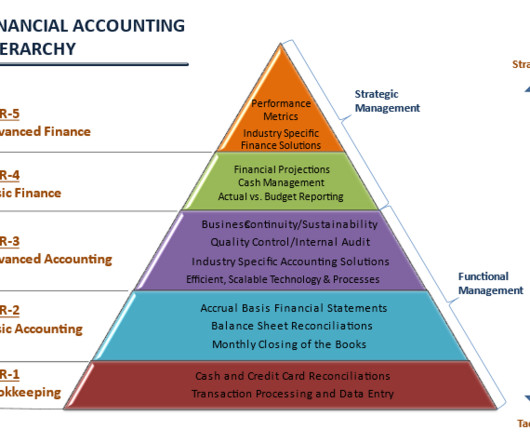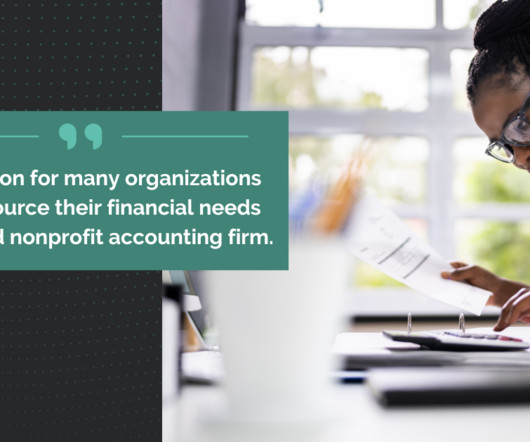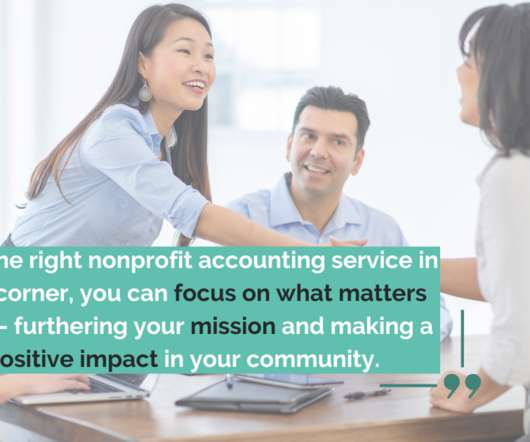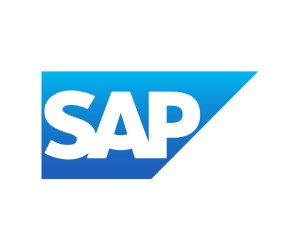Financial Accounting Hierarchy - By JP Puchulu
Boston Startup CFO
APRIL 3, 2023
As a trailblazer exploring unknown territories, you must equip yourself with the appropriate knowledge and tools to make educated decisions that guide your enterprise towards success. Familiarity with Generally Accepted Accounting Principles (GAAP) is essential.













Let's personalize your content